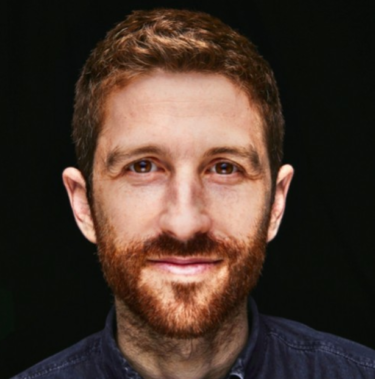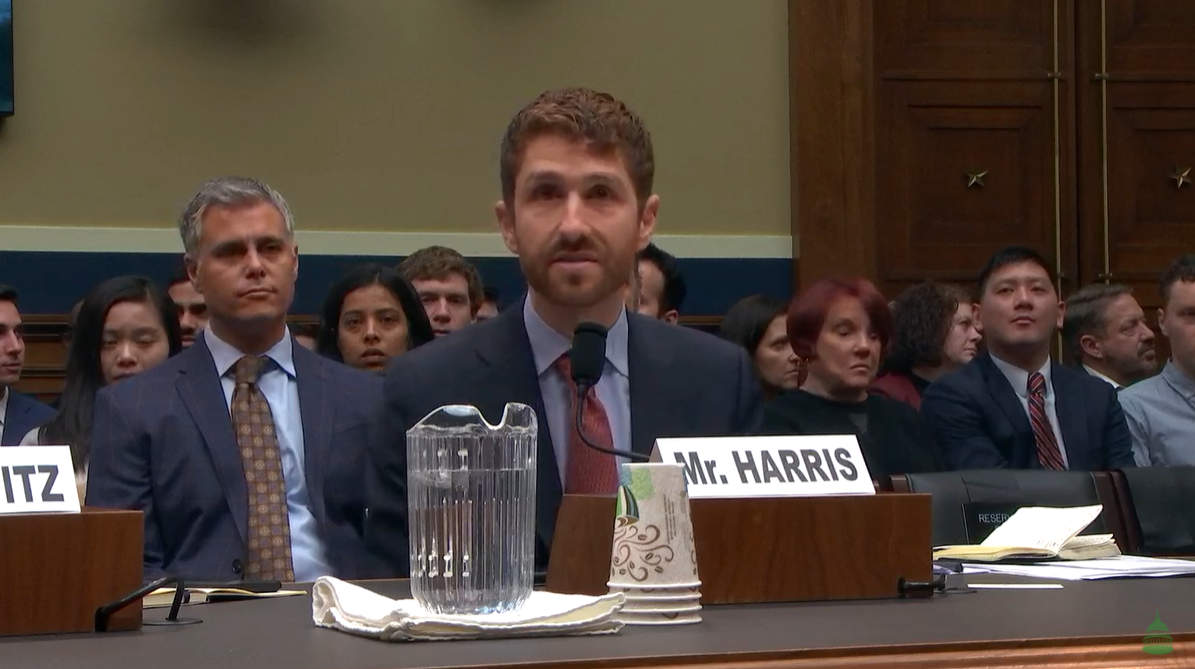The Center for Humane Technology Co-Founder and ex-Google ethicist warns Congress that tech products and culture are “designed intentionally for mass deception” and the entire digital space has become a “dark infrastructure.”
“I studied at a lab called the Stanford Persuasive Technology Lab, actually with the founders of Instagram, so I know the culture of the people who build these products, and the way that it is designed intentionally for mass deception.” — Tristan Harris
Today, Center for Humane Technology president and former Google Design ethicist Tristan Harris testified before the US House Subcommittee on Consumer Protection and Commerce during a hearing called “Americans at Risk: Manipulation and Deception in the Digital Age,” where he warned that big tech had created an environment that manipulates and controls almost every aspect of our lives.
“I’m going to go off script, I come here because I’m incredibly concerned,” Harris began.
“I studied at a lab called the Stanford Persuasive Technology Lab, actually with the founders of Instagram, so I know the culture of the people who build these products, and the way that it is designed intentionally for mass deception.
“We often frame these issues as ‘we’ve got a few bad apples — we’ve got these bad deepfakes and we got to get them off the platform. We’ve got this bad content; we’ve got these bad bots.’
“What I want to argue is we have ‘dark infrastructure.’
“This is now the infrastructure by which 2.7 billion people — bigger than the size of Christianity.”

Tristan Harris
“Tech companies manipulate our sense of identity, self-worth, relationships, beliefs, actions, attention, memory, physiology and even habit-formation processes, without proper responsibility”
Harris added in his written testimony that, “YouTube has north of 2 billion users, more than the followers of Islam. Tech platforms arguably have more psychological influence over two billion people’s daily thoughts and actions when considering that millions of people spend hours per day within the social world that tech has created, checking hundreds of times a day.”
Technology companies creating this dark infrastructure “manipulate our sense of identity, self-worth, relationships, beliefs, actions, attention, memory, physiology and even habit-formation processes, without proper responsibility,” according to the ethicist.
He added that “technology has directly led to the many failures and problems that we are all seeing: fake news, addiction, polarization, social isolation , declining teen mental health, conspiracy thinking, erosion of trust, breakdown of truth.”
“You can’t just bring some new agency around and regulate all of the virtual world”
As for the regulation of digital deception tactics such as deepfakes, dark patterns, and social media bots, Harris doesn’t see the need to create more government agencies, but rather to better equip and expand the ones that already exist.
“Instead of trying to design some new federal agency, some master agency, when technology has basically taken all the laws of the physical world and virtualized it in a virtual world with no laws — what happens when we have no laws for an entire virtualized infrastructure?
“You can’t just bring some new agency around and regulate all of the virtual world.
“Why don’t we take the existing infrastructure — the existing agencies […] and have a digital update that expands their jurisdiction to just ask, ‘How do we protect the tech platforms in the same areas of jurisdiction?'”
Wednesday’s hearing also heard testimony from:
- Monika Bickert:
- Facebook’s head of product policy and counterterrorism
- Aspen Cybersecurity Group member
- Former resident legal advisor at the US Embassy in Bangkok
- Specialist in response to child exploitation and human trafficking
- Joan Donovan:
- Director of the Technology and Social Change Research Project at Harvard Kennedy School’s Shorenstein Center on Media Politics and Public Policy
- Former Research Lead for Data & Society’s Media Manipulation Initiative
- Justin (Gus) Hurwitz:
- Co-Director of Space, Cyber, and Telecom Law Program, University of Nebraska College of Law
- Director for Law and Economics Programming with the International Center for Law & Economics
- Worked at Los Alamos National Lab and interned at the Naval Research Lab
Will Facebook be able to handle a joke with new deepfake policy? How about a political one?
This article was written while the hearing was still in progress.












